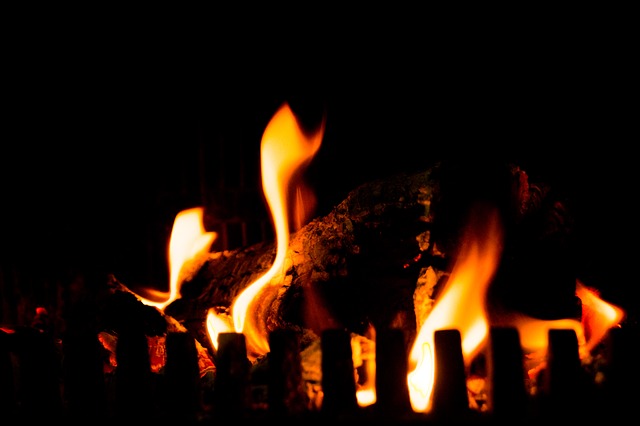 Depending on where you live, Spain in the winter is generally warmer than England, although obviously you're not going to experience summer temperatures. The days are generally sunny, but the early mornings and evenings can be cold. If you have a north or east facing home, you’ll probably need some form of heating between November and March.
Depending on where you live, Spain in the winter is generally warmer than England, although obviously you're not going to experience summer temperatures. The days are generally sunny, but the early mornings and evenings can be cold. If you have a north or east facing home, you’ll probably need some form of heating between November and March.
South facing properties are cosy in the winter, but can be unbearably hot in the summer, even with air conditioning. As it’s easier to warm a house than cool it, I prefer to heat the place in the winter and enjoy the coolness for the rest of the year.
If your property comes with air conditioning, this can also be used as a heater. However, it’s not all that efficient in a large room, and it can be expensive to run. And if you have breathing problems or suffer from asthma, air conditioning can exacerbate your difficulties. For us, that's a no-no, as Tony has Asbestosis, and I have Lupus, which affects my lungs and therefore my breathing.
You can buy slim, panel radiators which are fairly economical to run, but they are mainly for background heat. Oil filled radiators are more efficient, and again are economical to run, but they are rather bulky and unattractive.
Although electricity in Spain is cheaper than in England, if you have a large property, you could find yourself with a hefty bill when March comes around. It might make more sense - particularly if you are on a fixed income - to look at ‘pay as you heat’ options.
One solution is bottled gas heaters. These are on castors, so they can be moved from room to room. There are some attractive models available, ranging from around €70, although you’ll have to pay more if you want a heater with variable temperature controls. At the time of writing (December 2014) Aki in the Haberneras Centre in Torrevieja are offering a basic bottled gas heater for just €49.
Calor gas in England is expensive at around £29 for a 12 or 13kg bottle, but here in Spain it’s only around €17. A bottle should last between 10 days and 3 weeks, so it’s an economical option. The main advantage though, is that you're paying for your heat as you go, so there will be no nasty surprises when the bills come in. Buy your first bottle from your local ferreteria. You’ll have to pay around €40 deposit on your first bottle, and you’ll also need to show your passport or some other form of identity. (No, I don’t know why, so don’t ask!)
Many Spanish homes - even new builds - have open fireplaces, so you might fancy having a log fire. Wood burning stoves in Spain are very reasonable, starting from around €600, but I would recommend trying a log basket and open fire first, as a wood burner may make your room too hot. Depending on your taste, you can pay anything from €30 for something basic to €300 or more for a custom made cast iron log basket.
Ask your neighbours where you can buy logs; maybe several of you can club together to share a bulk delivery and save some money. We buy our logs at Ballaster’s, off the CV951 between San Miguel de Salinas and Torremendo. It’s self service, so you can pick the logs you want. And a nice bonus is that we can also pick up some orange blossom honey. The system is simple - just drive onto their weighbridge before and after loading your logs, then pay around 1 Euro per 10 kilos for the difference. If we take out the parcel shelf, our Ford Fiesta holds around €15 - €20 of logs, which lasts up to two weeks, depending on if we light the fire every day, and what time we light it.
Better still, collect your logs from a forest near you and dry them out ready for burning. And in many areas, people tend to dump wooden pallets and other waste wood on waste ground and near rubbish skips, so there’s another source of free firewood.
Just remember the buzz words 'pay as you heat' and you should be able to keep your home warm and cosy in winter. And you won't be facing electricity bills in spring that will make you hot under the collar.
Photo credit: Pixababy.com
Enjoy reading this? Then check out my blog Sandra In Spain